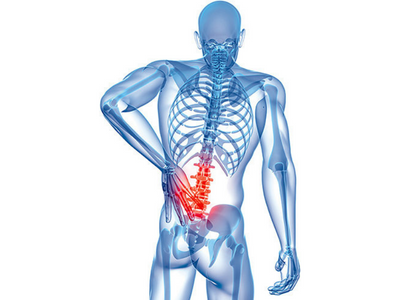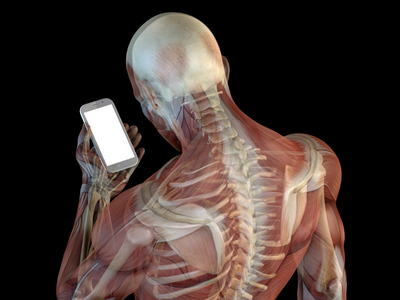Frozen Shoulder is a condition causing severe shoulder pain and difficulty in moving the arm in different directions leading to disability in daily life.
The three hallmarks of frozen shoulder are:
1. Gradual shoulder stiffness
2. Severe pain (even at night)
3. Near complete loss of range of movement at the shoulder.
Laboratory tests and x-rays are usually normal.
There are 3 different stages of Frozen Shoulder:
Stage 1: The Painful stage
This stage usually lasts for 3 to 9 months. The pain experienced is severe in nature causing difficulty in performing simple movements like reaching the back pocket of trousers or front pocket of a shirt.
Stage 2: stiffening phase
This phase usually lasts for 4-12 months, where the difficulty in moving the arm gets worst. Overhead activities like combing hair and other self-grooming activities like wearing a shirt may be restricted.
Stage 3: thawing phase
This phase lasts for 5-26 months. There is minimal pain but a significantly limited shoulder mobility. In this phase there may be gradual recovery of movements which can be further improved by mobility and stability physio rehab.
The few known causes for frozen shoulder are:
Existing medical problems like diabetes,
hormonal problems eg. post menopause or biochemical changes at the shoulder.
History of repetitive shoulder injuries,
post-surgery,
stroke, or
history of wrist fracture.
How Physio helps with Frozen shoulder?
On the 1st visit based on your symptoms and complains we first identify which stage of frozen shoulder you are in.
We at PhysioCure, we first identify the stage of frozen shoulder and the treatment program is designed as per your goals. You will be counselled about the process and duration required for the treatment program. The rehabilitation focuses on reducing pain and improving overall shoulder mobility. A combination treatment usually involves electrotherapy, manual therapy and/dry needling, taping along with the rehab exercises.
Usually the rehab lasts for 1 month to 6 months depending on the severity and the patient compliance with the programme.
How does diabetes affect frozen shoulder?
Due to increased glucose level in the blood, the soft tissues around the shoulder tend to become stiff leading to worsening of symptoms. It is usually common in both the sexes. A direct correlation is unknown, but controlling blood glucose along with physiotherapy will lead to better recovery.
Is Physio necessary inspite of taking steroid injections?
While steroid injections help to reduce the swelling inside the joint, it does not play an active role to help regain the shoulder mobility. This is where physiotherapy helps. With our customized rehab program you should be able to acknowledge the improvement within 4 weeks.
[contact-form to=”physiocure17@gmail.com” subject=”comments”][contact-field label=”Name” type=”name” required=”1″][contact-field label=”Email” type=”email” required=”1″][contact-field label=”Comments” type=”textarea”][/contact-form]



